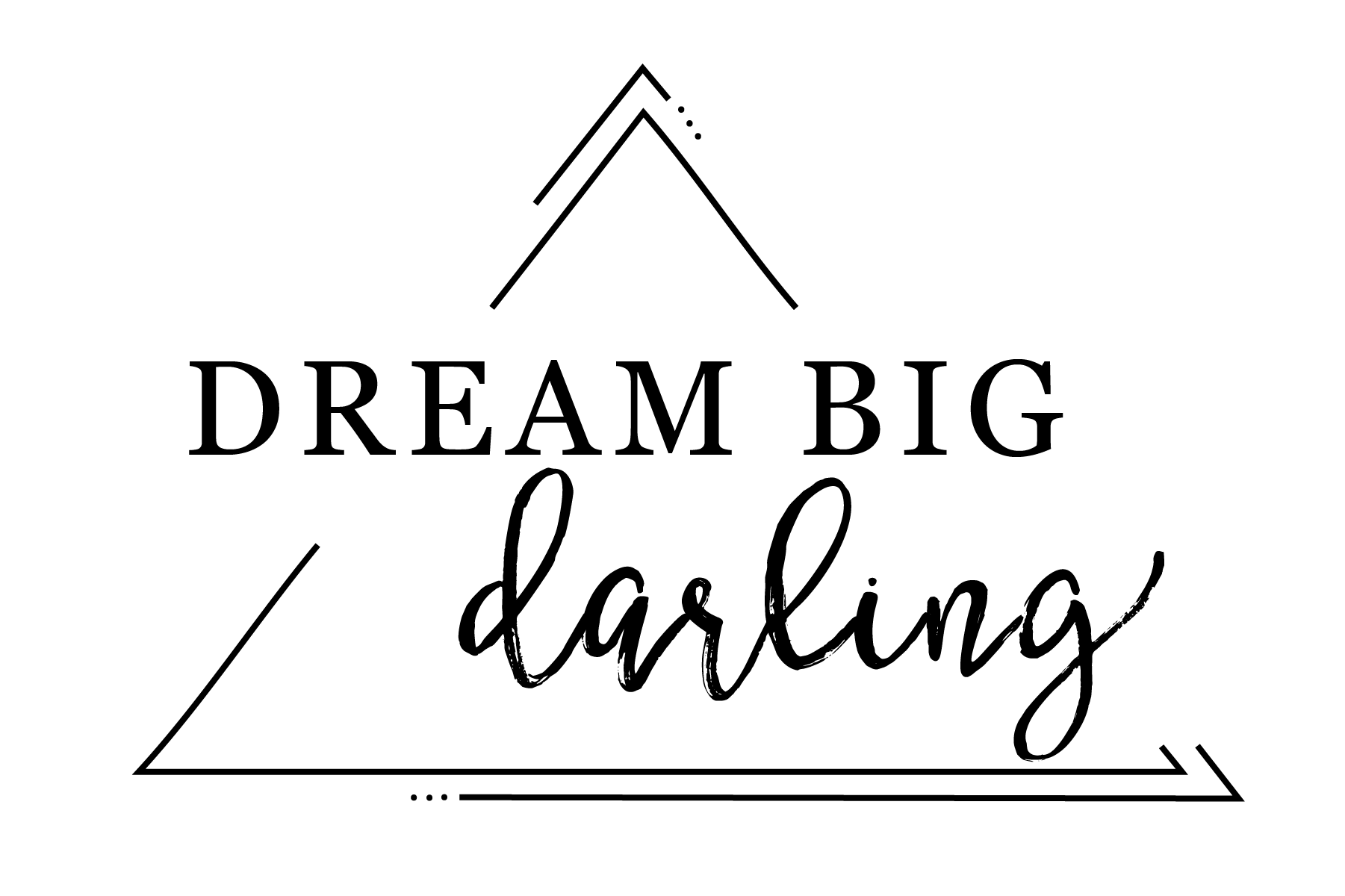FRESH VOICES: Confidence is Key by Kim Kachmar
Featured in The Somm Journal | Aug/Sept 2022
NO MATTER THEIR level of education or which pin they wear, wine professionals will undoubtedly reach a moment in their careers where doubt creeps in. Whether you’re in a room of colleagues or facing a haughty customer, being around others who seem to know more, even if they don’t, can make you second-guess recommendations you’ve made or question if you’ve described tasting notes adequately. For new professionals entering the industry, this fear can be a barrier to growth. While wine education is mostly about the facts, I’ve come to find that building confidence while mastering the material is what enables beginners to thrive.
As a wine educator and a WSET Level 3 graduate, I’ve experienced firsthand how confidence drives empowerment, as the confidence I built up in my own wine studies gave me the courage to make a drastic pivot in my career (I was previously an interior design strategist) and join the industry in June 2020. As I’ve interacted with more and more clients, I’ve seen them sit up a little straighter and swirl with more swagger as they acquire new skills and believe in themselves. Whether they are striving for a career in wine or are a consumer who simply wants to better appreciate what they’re drinking, the industry benefits from empowered wine drinkers.
Building confidence involves more than just memorizing facts or learning tasting skills. Without strong belief in your abilities, it’s easy to let your insecurities hold you back from exercising your knowledge, and all that time spent on education goes to waste. One approach I’ve taken to structuring education so that it emboldens students involves class size. I’ve attended classes of under ten to over 40 people and hosted tastings of two to 100-plus participants; in both scenarios, I’ve found, a small group of under ten allows time for everyone to voice their opinions comfortably, which is especially important when it comes to tasting. Another approach involves accountability: As with any kind of education, assessing student growth is important, but not everyone responds well to testing. I’ve found success instead in assigning challenges such as pairing a wine with a meal and reporting on how it went, which requires students to put their knowledge to the test in a real-life situation and gain faith in their abilities as a result.
By far my favorite way of empowering my clients is to put them through what I call “palate bootcamp”: If they don’t know what certain aromas and textures are, such as those of a gooseberry, they’re never going to be able to identify them in a wine. In this bootcamp I take students through a series of exercises (in addition to tasting) that increase their sensitivity and their connection to their palates, unlocking sensory awareness and enhancing life far beyond the enjoyment of wine: Their confidence level can now grow exponentially, because everywhere they go, they’ll notice more aromas, colors, and textures and enjoy food and wine even more due to their heightened senses.
I believe that “wine confidence” spills over into other areas to turn into “life confidence.” By setting the intention to include confidence-building exercises in education, we will see both the workforce and customer base of the wine industry thrive.
Kim Kachmar is a wine educator and creative consultant based in San Diego. Follow her on Instagram @togetherwithwine and learn more about Together With Wine at togetherwithwine.com.


